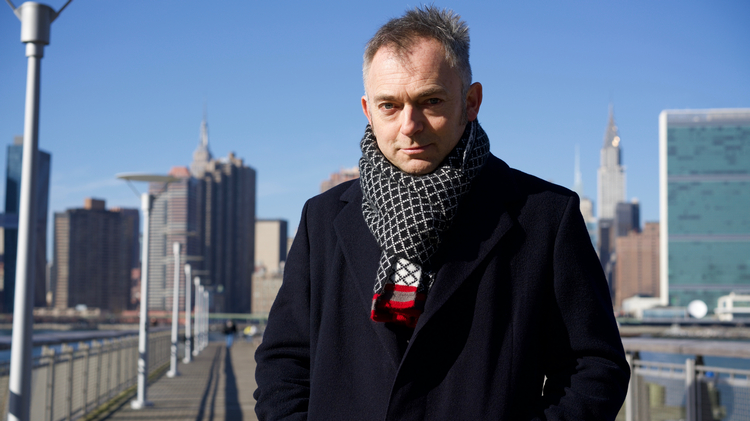
Please note: This was screened in April 2019
The key attributes of minimalism, its reliance on repetition, its mesmerising transcendent qualities and innovative use of technology are explored in this two part BBC documentary, as musician Charles Hazlewood seeks out four great American minimalist composers who rebooted classical music in the 20th century.
In episode one Charles tracks down the pioneers of minimalism, which began on America's west coast in the 1950s. Describing them as 'prophets without honour', he explores La Monte Young's groundbreaking experiments with musical form that included notes held for exceptionally long periods of time, and drones inspired by Eastern classical music and Hindustani singer Pandit Pran Nath. Driving out into the Californian countryside to the ranch of Terry Riley, Charles discusses the musician's revolutionary experiments with tape recording looping and phasing, along with early synthesiser sound.
In episode two we meet the genre's superstars Philip Glass and Steve Reich. Across the 1960s these New Yorkers added new orchestral dimensions to compositions based on repetition, transcendence and new technology, and broke into the mainstream in the following decade. Charles explores how breakthrough techniques Reich first explored on tape were transposed for orchestral performance and how Glass' experiments with repetitive structures, along with his innovative work in opera, revealed new possibilities for classical music.
Screening as part of Filmic19.